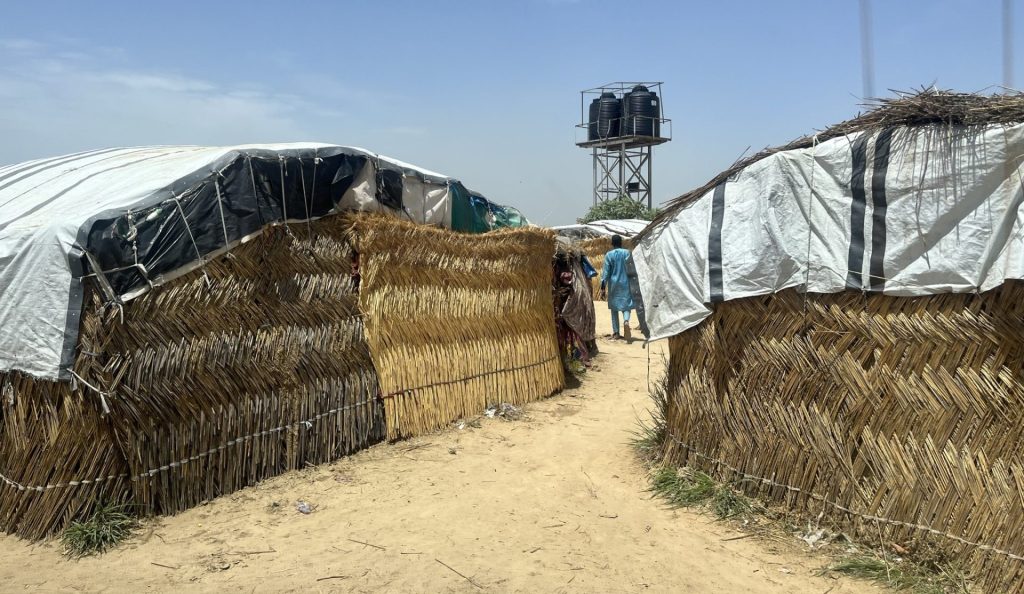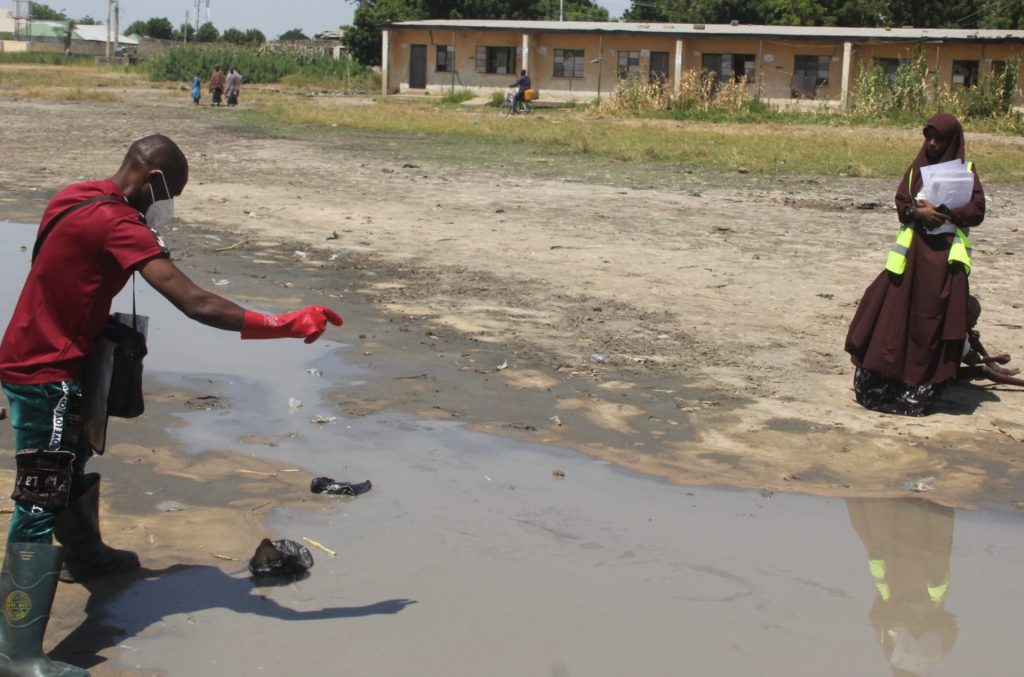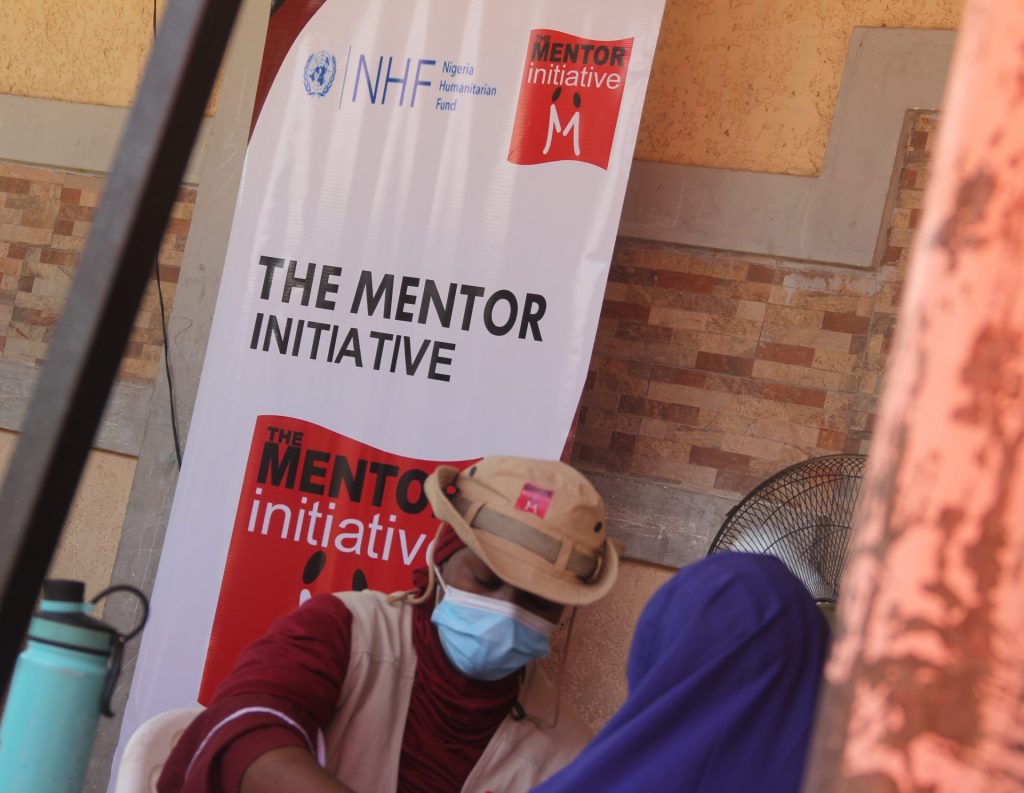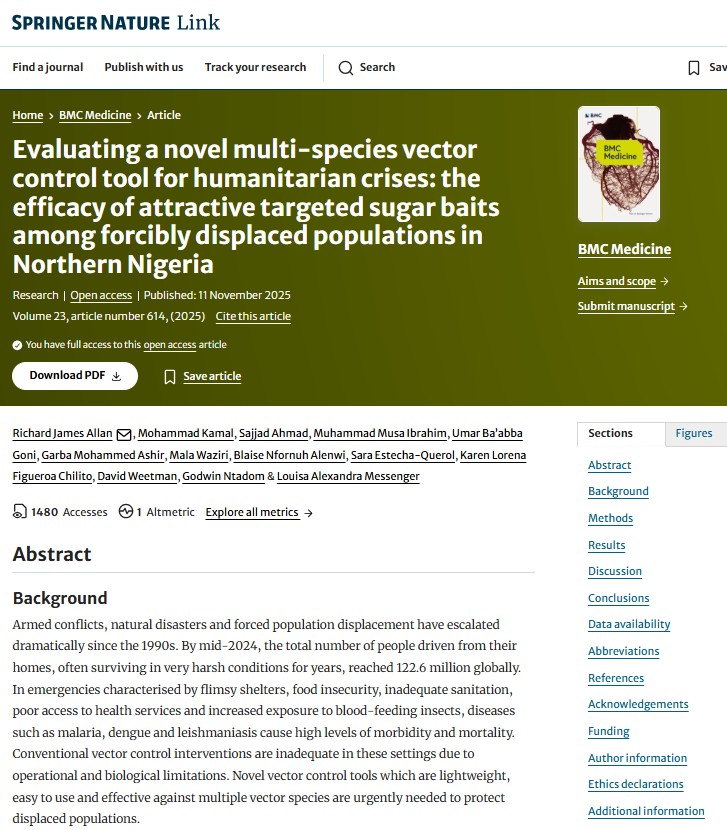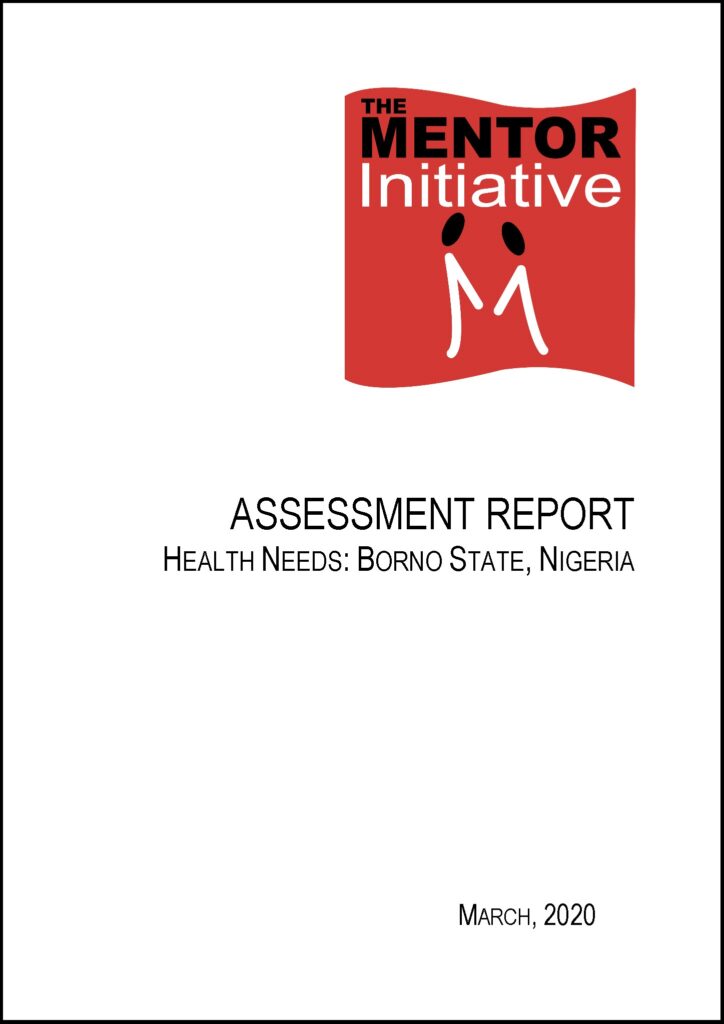Nigeria
Nigeria is heavily affected by the presence of Islamist insurgency groups, predominantly Boko Haram and the Islamic State in West Africa Province (ISWAP). More than 2.3 million people have been internally displaced since the groups started infiltrating several states and the Nigerian government started to fight back.
Some parts of the country are inaccessible and effectively under the rule of the two groups, which have also started fighting each other. The general insecurity and lack of government presence has given rise to a few other armed groups, which often target, kill and displace civilians. Around 25 million people in Nigeria are food insecure because of regional instability, climate change and inflation.
MENTOR’s programme in Nigeria began in 2020 in response to the overwhelmingly high number of malaria cases in Borno State in the north-east, which is experiencing the highest level of insecurity.
- Vector-borne disease programmes in camps for Internally Displaced people, such as Indoor Residual Spraying and larviciding.
- Researching innovative new vector control tools.
- Information, education and communication campaigns.
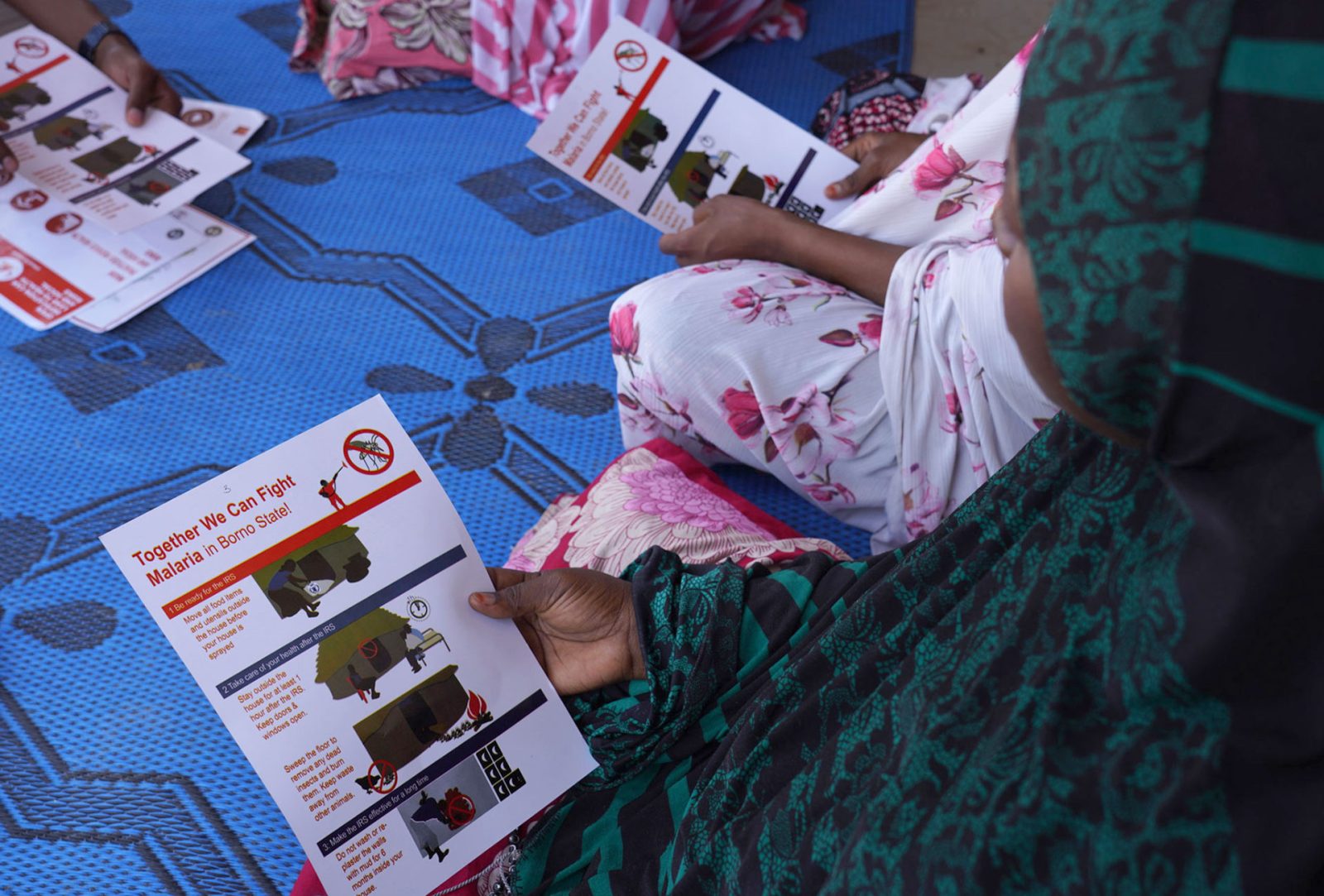
- Indoor Residual Spraying in 109,910 households protected just over 587,000 people from diseases.
- Larval source management at 5,639 breeding sites protected around 284,000 people.
- Reached 610,000 people with disease information and prevention advice through IEC campaigns.

